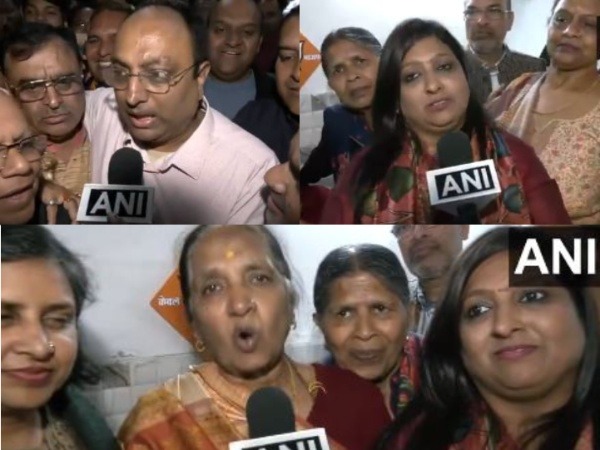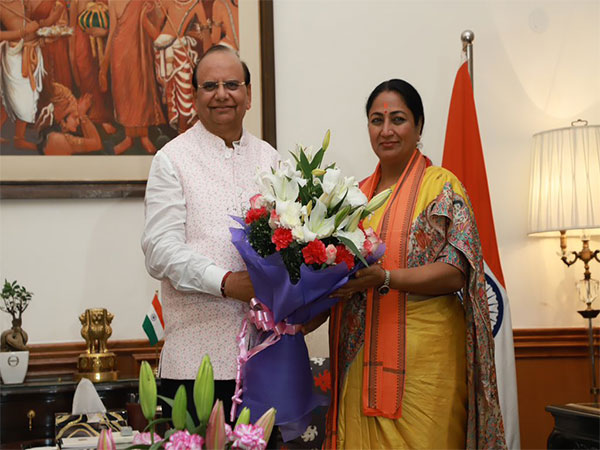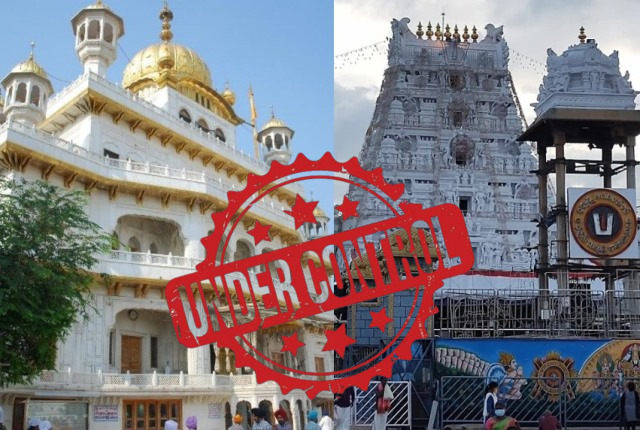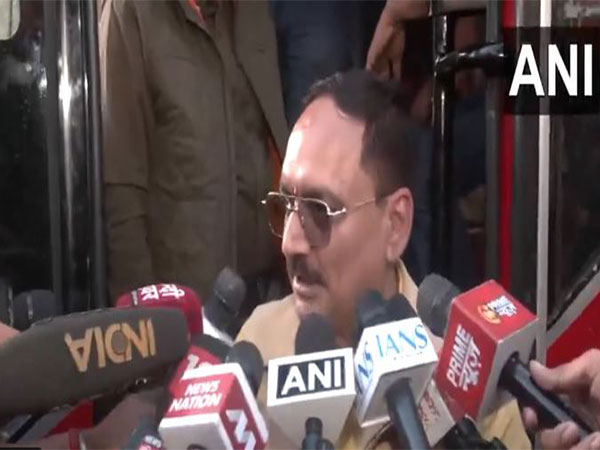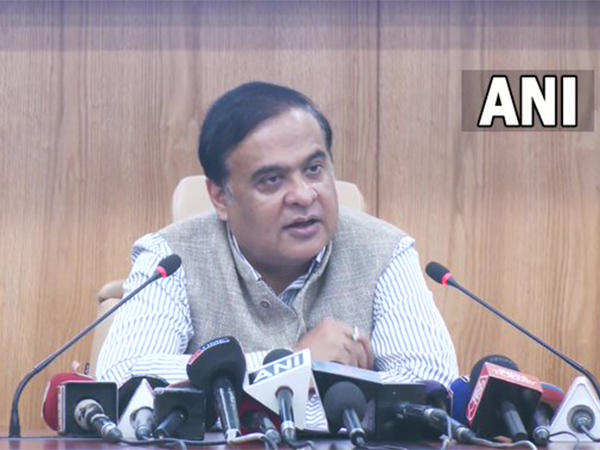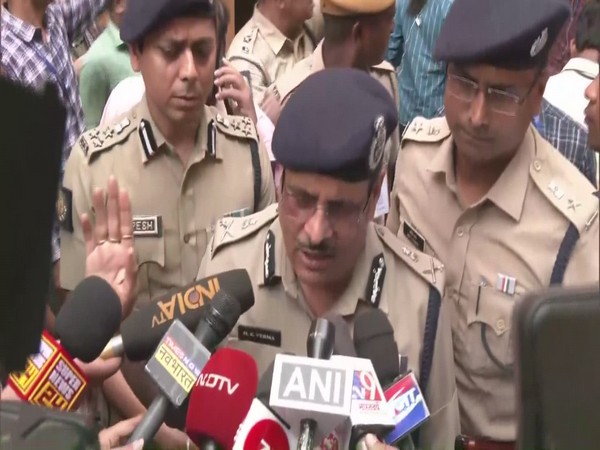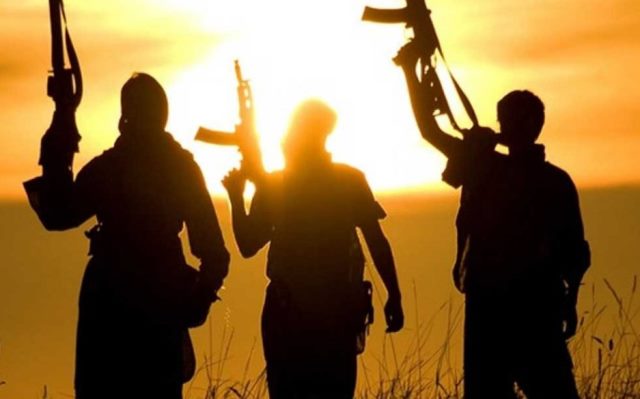The Shiromani Gurdwara Parbhandik Committee (SGPC) is a statutory management body for Sikh shrines and historic Gurdwaras. There are some similar bodies for historic Hindu Mandirs too. Their statutory status is defined by various Acts. But all are empowered and limited in the scope of action by Article 25 and 26 of the Constitution which clearly states that the State can engage in secular matters of religious organisations but not interfere in the religion by virtue of the State being secular. Yet these statutory bodies repeatedly go beyond these remits and interfere in religious arenas in violation of the Constitution. The Government needs to read the Act to them and rein them in. It also needs to set up a committee to review these colonial-era Acts.
Contrary to what many Sikhs assume, the SGPC is neither a Sikh parliament nor an independent body or NGO. It is plain and simply a statutory body set up during colonial rule to take over management of Sikh shrines, and enable transfer of historic Sikh gurdwaras from private occupiers, who were earlier given ownership by the British, to community ownership under SGPC.
The British wanted powerful Sikh, Muslim and Hindu institutions to be accountable and under their supervision but sensibly didn’t want to interfere in religious doctrine and interpretations. Sikh Gurdwaras were however kept under stronger leash until the Gurdwara lehar (movement) freed them from direct colonial control. In return a statutory body was established which was a State body but set up by democratic representation. This continued after 1947.
The Preamble of the Constitution clearly commits India to be secular. That means it cannot interfere or organise or arbitrate or enact or promote any religion. Article 25 further makes this clear.
Article 25. Freedom of conscience and free profession, practice and propagation of religion.
(2) Nothing in this article shall affect the operation of any existing law or prevent the State from making any law—
(a) regulating or restricting any economic, financial, political or other secular activity which may be associated with religious practice.
Thus Article 25.2.a states the areas in which the State is entitled to interfere in the institutions of religion. It is ‘regulating or restricting any economic, financial, political or other secular activity’. The Constitution does not permit the State to decide on interpretation, tinker with the Rehat Maryada (codes of conduct), practices and rituals etc of a religion that are not of secular nature.
The 1925 Gurdwara Act complies with the Constitution. Its preamble states: ‘An Act to provide for the better administration of certain Sikh Gurdwaras and the inquiries into matter connected therewith.’
The Act does not say to interpret, adjudicate between schools of thought, or set codes of conduct etc or to act as the representative body of Sikh religion. The act limits its scope to that consistent with the Constitution and therefore imposes those limits upon the SGPC as well.
In the definitions, the Act defines office in 4.(i) as “Office” means any office by virtue of which the holder thereof participates in the management or performance of public worship in a Gurdwara or in the management of performance of any rituals or ceremonies observed therein and “office-holder” means any person who holds an office.
Again, it authorises appointment of officials who perform worship or ceremonies etc or are engaged in management but not appointment of persons to an office where they are involved in arbitration of doctrine, interpretation of doctrine and resolving issues of conduct in accordance with religious doctrine or practice.
ALSO READ: ‘A Sanatan Trust To Manage Temples Is Needed’
Sri Akal Takht Sahib is an institution established in 1606 by the sixth Sikh Guru, to precisely decide on doctrinal matters, conduct of Sikhs and internal issues within Sikhs. The person in the seat is called Jathedar. The Jathedar’s role is to arbitrate, lead, adjudicate on spiritual and interpretational issues around doctrine as well as decide in consensus on practices. These are neither management nor secular issues.
There is nothing in the Gurdwara Act that entitles the SGPC to appoint, dismiss, control or dictate conditions to the Jathedar. That would be in breach of the limits of powers under the Act and a clear violation of the Constitution. In doing so, the SGPC is clearly acting unconstitutionally and perhaps committing a criminal offence. Yet, the SGPC blatantly does appoint Jathedars and claims it its duty or right to do so. This is unconstitutional both ultra vires of the Gurdwara Act and the Constitution. The Government lets the SGPC continue with its actions without questioning it.
This ambivalence is not limited to Sikhs. The 80% Hindu community of India also suffers from State interference in their various religious sects through an array of colonial-era laws that were meant to control temples and prevent anti-colonial campaigns. Indians are generally inspired by their Dharmic teachings. Gandhi employed a lot of religious language and iconology to rid India of colonialism. It can be debated that if these State controlled ‘Boards’ did not exist, Gandhi’s movement may have had more support from the mandirs.
The British set up ‘Boards’ in several provinces under acts that enabled these boards to mange secular activities, which included effective control of all money. This deprived the community of autonomy and the Boards were often appointed by political bodies..
Some of the worst interferences were sanctioned by the Madras Hindu Religious and Endowment Act. This Act later became the Tamil Nadu Hindu Religious and Charitable Endowment Act 1959. Approximately 40,000 Hindu institutions are controlled and managed under this Act.
The Act only permits management of secular activities. It does not empower the Board to appoint Acharyas, Swamis, Gurus or even Pandits.
Several challenges have been mounted against this and other Acts in other states. Some have ended in the Supreme Court. In the case of the Madras Act, the Supreme Court even found some articles to be unconstitutional. Tamil Nadu appears to have ignored the Supreme Court and enacted another Act which maintaining all the articles that Supreme Court found repugnant.
One of the consistent position taken by Supreme Court in the various judgements was the limits that Article 25 imposed on State intervention and the freedom Article 26 gave to communities to manage their religion. The Supreme Court stated that managing accounts, or appointing ‘Pujaris’ and Archakas’ and similar people whose job was just tending to deities and keep rituals and practices alive, was not against the Constitution. It made the distinction between this and appointment of ‘spiritual’ leaders. Statutory bodies do not have the power to appoint ‘spiritual or religious’ leaders under any Article.
In 1962, the Supreme Court struck down the Bombay Prevention of Ex communication Act 1949 as unconstitutional on the grounds that Article 25 prohibits State to interfere in religion and fundamental rights of civil liberties do not extend to internal religious practice. The issue was the authority of the spiritual head of Dawoodi Bohra community to ex communicate an individual form the religious community. The Constitution is clear. It does not permit the State or its statutory bodies to interfere or manage or appoint religious leaders.
This brings us back to the SGPC and appointment of Jathedars. No one has yet questioned the SGPC in courts and the Government has not reined it in. But the SGPC has no legal power or duty to appoint Jathedar any more than a Hindu Board has any right to appoint Shankacharyas or similar spiritual heads. The SGPC is acting like a thuggish organisation holding the Sikh community and Sri Akal Takht Sahib to ransom as it has control of all the finances. The SGPC in reality is controlled by the Akali Dal president, another constitutional violation.
The Government should stop the SGPC interfering in Sikh religious or Dharmic matters. It needs to stop ‘Boards’ in Hindu Mandirs that take away the independence of Hindu religious seminaries and sects. These were colonial Acts meant to control civilisations and belief systems of South Asia. Admittedly, the Congress Party was simply colonialism mark II with brown faces. But it begs the question: why is a BJP government continuing with these colonial Acts and powers? If the party truly represents the civilisation of South Asia, the first step it should have taken is to free its own support base from the shackles that the British put them in.
The real essence of civilisation of India was that Dharam or Dharma was above the State and not the other way. It is a legacy of colonialism that the State dictates the conduct and limits of Dharam or Dharma. This derives from the action of Henry VIII who established a State religion and took control of it. That control still exists through UK Parliament. But 75 years after Independence, India does not need to replicate Henry’s legacy in Bharat. The current control of Dharmic institutions is an evidence of that.
The Government should appoint a committee that starts to look at these Acts and colonial inheritances that flip the fundamental dynamics of South Asian civilisation. Such committee needs to redraft these Acts in a way that the actions of the Board, SGPC or in Hindu Mandirs the various endowment Acts, does not impact on the freedom of Dharam or Dharma directly or indirectly through control of finances and services or through limiting their access to finances. In the case of SGPC, the violation is even more serious and needs to stop.
